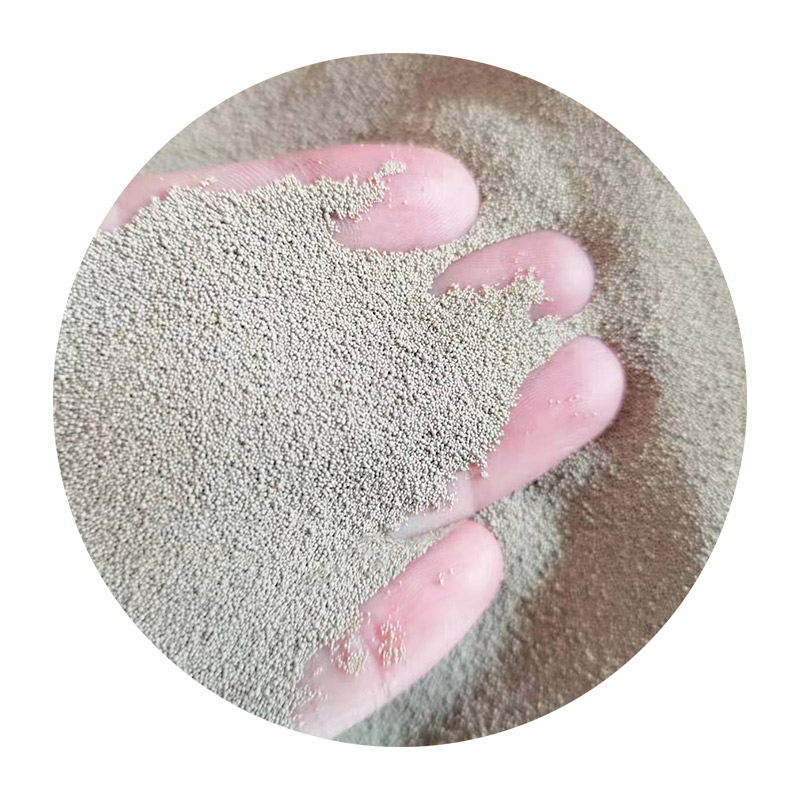Sand Casting Resin An Innovative Approach to Metal Casting
Sand casting has long been a fundamental technique in metalworking, allowing artisans and manufacturers to produce complex shapes and components. Traditionally, this process involves creating a mold from sand, which is then filled with molten metal. However, advancements in material science have led to the development of sand casting resins, revolutionizing the casting process. This article explores the benefits, applications, and future of sand casting resin in the manufacturing industry.
What is Sand Casting Resin?
Sand casting resin is a synthetic polymer compound that serves as a binder for sand in the mold-making process. Unlike traditional sand casting, which primarily utilizes clay and water for binding sand grains, resin bonds the particles together, providing greater strength and durability. This innovation enhances the mold’s ability to withstand the high temperatures of molten metal while maintaining precision and detail.
Benefits of Sand Casting Resin
1. Superior Strength and Stability One of the standout features of sand casting resin is its ability to create robust molds that can endure the pouring of high-temperature metals without deforming. This property is crucial for producing intricate designs with tight tolerances.
2. Enhanced Surface Finish Resin-bound sand molds often afford a smoother finish compared to traditional molds, reducing the need for extensive post-casting machining. This can result in significant time and cost savings in the manufacturing process.
3. Quick Cure Times Sand casting resins cure remarkably quickly, enabling faster production cycles. Manufacturers can create molds and make castings in a fraction of the time compared to traditional methods, which is vital in industries that demand rapid prototyping and quick product turnaround.
4. Versatility Sand casting resin can be used with various types of sand, allowing for adaptability in design and application. This versatility extends to using the resin in different metal casting processes, including aluminum, brass, and iron.
sand casting resin

5. Environmental Benefits Many modern sand casting resins are designed to be more environmentally friendly, reducing harmful emissions and making them suitable for cleaner manufacturing processes. This shift is crucial as industries seek sustainable practices.
Applications in Various Industries
The unique properties of sand casting resin make it suitable for numerous applications across various sectors. In the automotive industry, it is employed for producing complex engine components and parts with intricate geometries. The aerospace sector benefits from high-quality castings that meet stringent safety and performance standards. Additionally, the art and sculpture industry utilizes sand casting resin for creating detailed and artistic metal pieces, allowing artists to push the boundaries of creativity.
The Future of Sand Casting Resin
As technology continues to evolve, the potential for sand casting resin is vast. The development of advanced resin systems that offer even greater thermal stability and rapid curing times is underway. Furthermore, combining sand casting resin with modern 3D printing technologies can lead to unprecedented customization options and reduced waste, aligning with the principles of sustainable manufacturing.
Research into bio-based resins and recyclable materials is also gaining momentum. Moving toward more sustainable and eco-friendly options will likely become a priority, reflecting the industry’s growing emphasis on environmental responsibility.
Conclusion
Sand casting resin represents a significant advancement in the field of metal casting, offering notable benefits such as improved strength, reduced production times, and enhanced surface finishes. Its versatility and compatibility with various industries position it as a valuable material in the manufacturing landscape. As technology progresses and the demand for sustainable practices increases, sand casting resin will undoubtedly play a substantial role in shaping the future of metal casting. With its innovative potential, sand casting resin is not just a replacement for traditional materials—it's a catalyst for change in the industry.
Post time:அக் . 06, 2024 10:34
Next:lost foam casting applications
